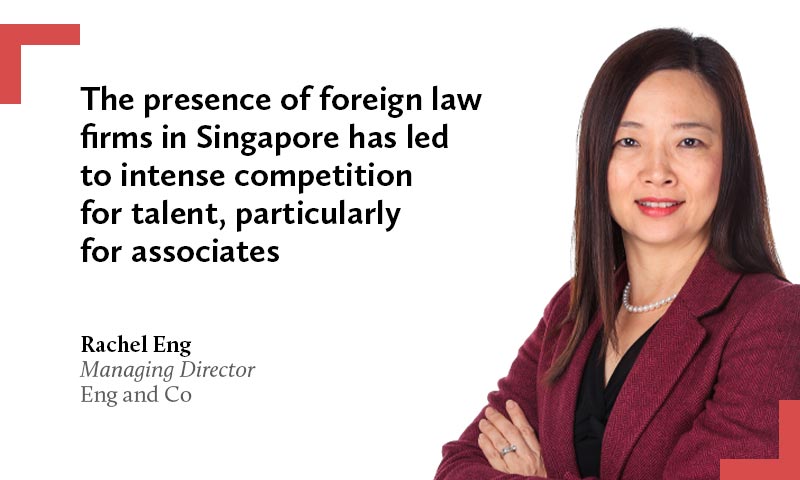Since days long past, Singapore was a vibrant port and a tapestry of diverse cultures. In more recent years, the harmonious blend of common law traditions and bustling commerce is transforming the Lion City into a beacon of legal excellence. Putro Harnowo reports
As businesses explore the labyrinthine paths of Singapore’s legal landscape, the allure of the city-state becomes clear. The advent of the Singapore International Arbitration Centre (SIAC) in 1991 laid an alternative path for litigation in the region, and subsequently a specialised court and tribunal emerged, boosting Singapore’s position as a regional legal hub.
In 2013, the “little red dot” gracefully unveiled an ambitious plan to become a one-stop shop for resolving disputes across borders, with the launches of the Singapore International Mediation Centre (SIMC) in 2014, and the Singapore International Commercial Court (SICC) in 2015. From the outset, Singapore’s ascent to legal eminence was no mere set of movements. It was a carefully orchestrated symphony, with legal infrastructures harmoniously playing their parts.
Since then, Rachel Eng, the managing director at Eng and Co, a Singapore law firm in the PwC network, witnessed chambers from London setting up in Singapore, and foreign law firms dispatching their litigation partners to market their services and handle arbitration out of Singapore.
“Among Singapore firms, some litigation partners from major full-service law firms were breaking away to form law firms akin to barristers’ chambers, handling pure contentious work,” says Eng. “In the past 10 to 15 years or so, domestic firms have been going regional while foreign firms have been entering into foreign law alliances or joint law ventures to offer local law capability to their clients.”
Foreign law practice licence holders can only offer the full range of legal services in foreign and international law, but cannot practise Singapore law, except for international commercial arbitration. Foreign law firms used to only focus on higher-end regional work, but that is no longer the case with local law firm alliances.
“As a result, many of the firms are competing for the same work,” says Eng. “Apart from certain areas that are not permitted, for example, acting in Singapore court cases that may be carried out by their Singapore partners, the breadth of the licence offered by such combined outfits is more than sufficient to serve the needs of the foreign firms’ global clients in Singapore and the Asian region.”
In terms of talent and resources, Eng observes that while there is a larger cohort of law graduates, the pool of lawyers who want to remain in the profession may not be expanding. Many high-achieving students who do not choose science-related fields often default to studying law but have no intention to practise law.
“The presence of foreign law firms in Singapore has led to intense competition for talent, particularly for associates,” says Eng. “Whenever there are salary hikes in the US, it hits the UK market, which in turn impacts the Singapore market almost immediately.”
Amid the rivalry, certain practice areas and industry sectors have emerged as veritable hotbeds of activity. Dispute resolution, insolvency and restructuring, and funds and family offices, as mentioned by lawyers we talked with, reign supreme in Singapore’s legal market. At the same time the charms of data privacy and cybersecurity, fintech and blockchain, as well as environmental, social and governance (ESG), remain unyielding.
You must be a
subscribersubscribersubscribersubscriber
to read this content, please
subscribesubscribesubscribesubscribe
today.
For group subscribers, please click here to access.
Interested in group subscription? Please contact us.



























